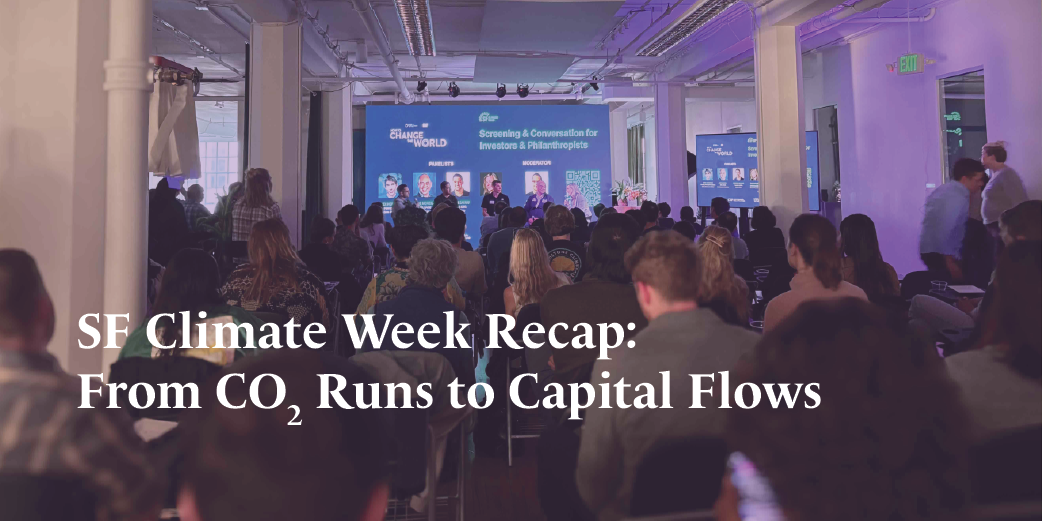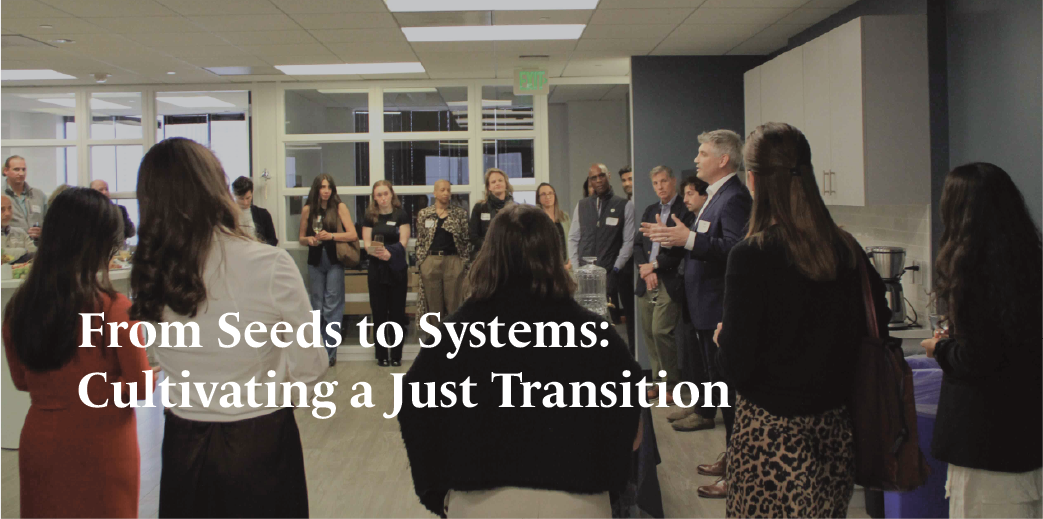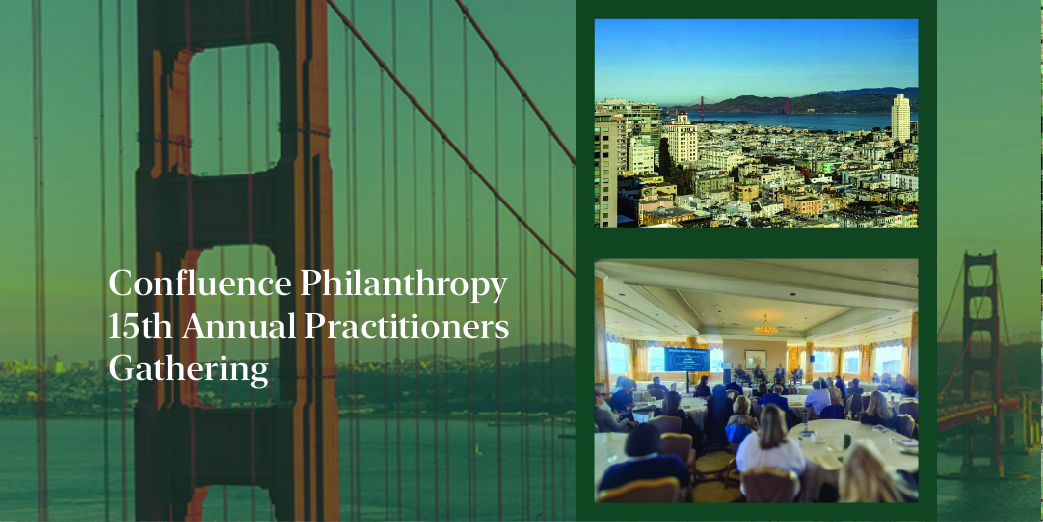Financial Times, By Tom Stabile
March 4, 2012
Not even five years ago, a debate tiptoed into the investing world that pitted do-gooders against bottom-liners: could a responsible, prudent investor – a person acting in a fiduciary role – put weight on environmental, social, and governance factors (ESG) when building a portfolio?
At the time, the idea that a prudent actor might ponder anything other than pure financial returns in making investment calls still bordered on the cheeky. Sure, those radical sustainabilistas had been adding their scruples to portfolios for years, but mainstream thinking marched to the line that the buy or sell was only about gains and losses. Studying the social impact of stock and bond picks was almost whimsy to the sober market players, particularly advisers and asset managers in the fray.
Since then, however, the line has begun shifting. White papers and quarterly newsletters shot out of varied corners – including established market watchers such as Goldman Sachs’s Abby Joseph Cohen and GMO’s Jeremy Grantham – with counsel that investors should factor environmental or corporate governance factors into their decisions. Companies worldwide are tracking, reporting, and often acting on sustainable business models. And in the US, a budding movement to let corporations organise around not only profit-seeking but also social benefit-fostering has gained steam in state legislatures in the past two years.
The matter is hardly settled, but what had not long ago been a sideshow has become a topic for honest debate. And that sets up the field for a new game: in the not-too-distant future, we may soon question whether advisers or asset managers who do not weigh ESG factors in their market moves are fulfilling their fiduciary duty to investors.
Though the idea will strike some as absurd, there are already longtime sustainable investing experts who see the underpinning for such a fiduciary responsibility taking shape. There is a growing consensus that wise long-term planning for any company must account for risks from resource scarcity, environmental degradation, and unsound business practices, says Anne Stetson, a Boston-based sustainable investing veteran and managing director at Sonen Capital (San Francisco).
“[Fiduciaries have] to make decisions that a prudent person would make in prudent circumstances,” she says. “That’s very contextual.”
Those who scoff at ESG issues as “feel-good” hay are not properly pricing long-term value in a world of scarcity, volatility, and fierce global competition, says Patricia Farrar-Rivas, chief executive of San Francisco’s Veris Wealth Partners. The obvious examples are in agriculture, natural resource, consumer product, and other industrial markets, where the future availability of water and energy resources or the impact of severe climate change are paramount. Being ready for “soft” challenges, such as employee retention or commuter gridlock, matters, too.
“When you’re analysing companies, you should be making sure they know where they’re getting their inputs, where they face liabilities,” Ms Farrar-Rivas says. “You need to get good, well-trained, talented employees. Are you effective at managing your human capital?”
And it is not just a long-term play. Many investors only hold a security for one to three years, plenty of time for ESG issues to have an impact, Ms Farrer-Rivas says. Even quarterly returns can be whipsawed by natural or market events – companies unprepared for a drought or storm or a run on grain futures.
What is needed is proof that better-governed, sustainably grounded companies are generating better returns as a result of their preparation for a more challenging world. Ms Stetson says “really persuasive” data is not available yet, but ESG advocates are working to make that case.
But the investing industry is making strides. Bloomberg’s vaunted research terminal now has a “sustainability” tab, and market analysts and consultants, such as Mercer, are adding ESG data and ratings to their palettes, Ms Farrar-Rivas says. And big US state pension funds, including New York’s, are touting the value of sustainability for long-term investment returns.
The do-gooders may not be ready yet to prove sustainability equals performance, but asset managers and advisers who write off the idea might one day find themselves learning about it the hard way.
Tom Stabile is associate editor of FundFire, a Financial Times service
See full article at the Financial Times.


